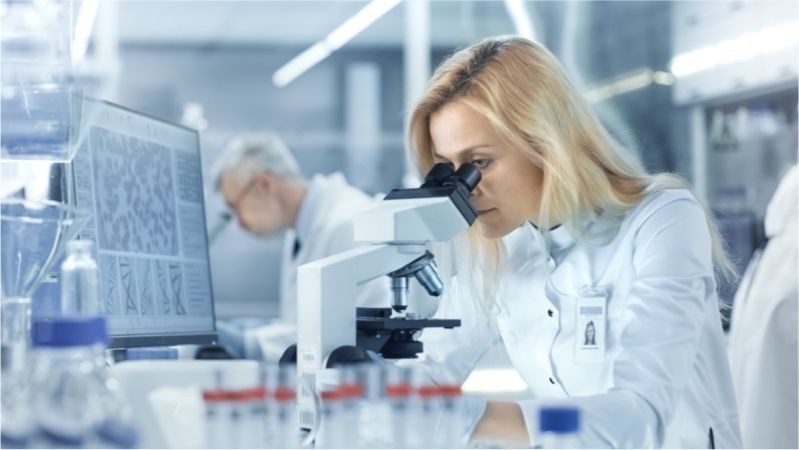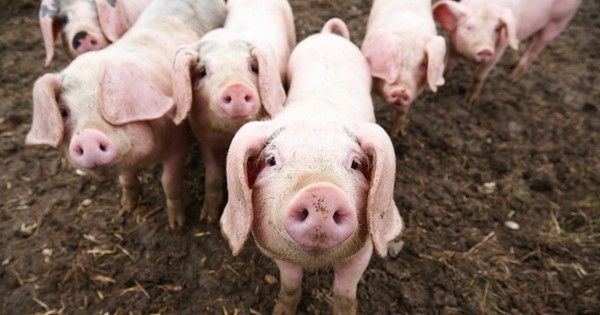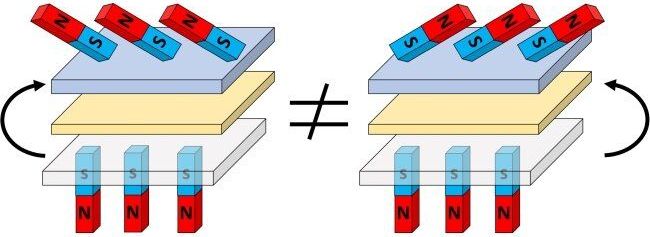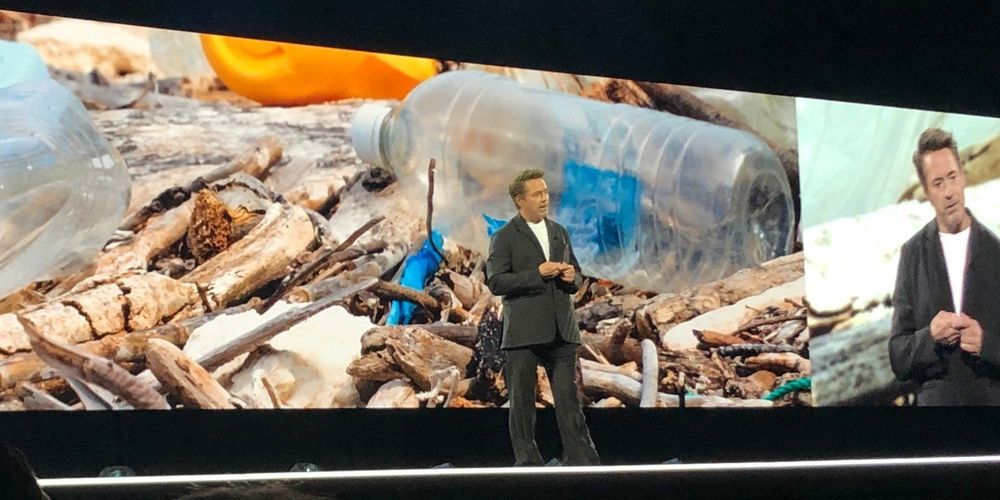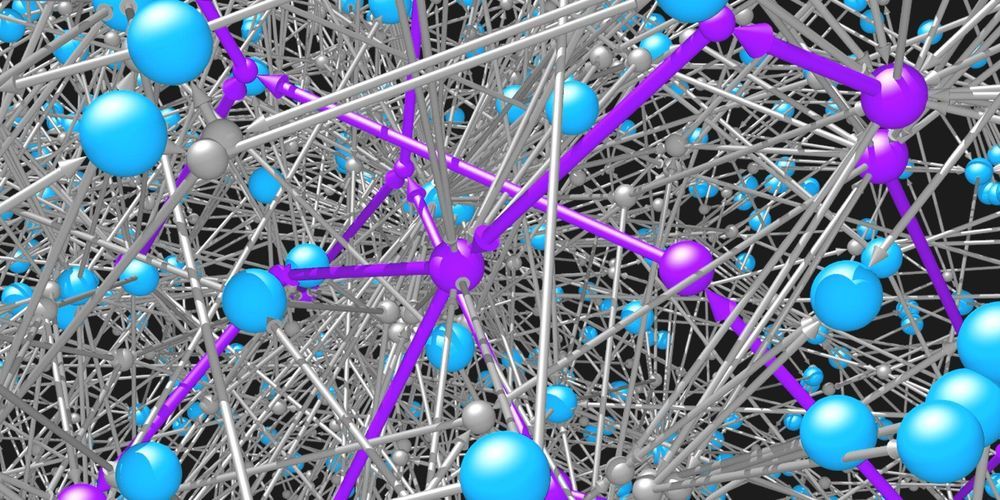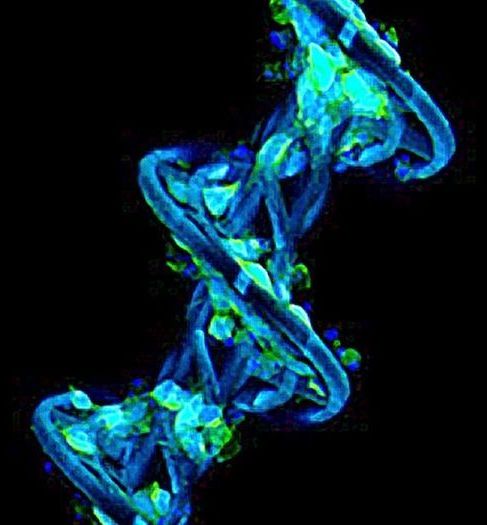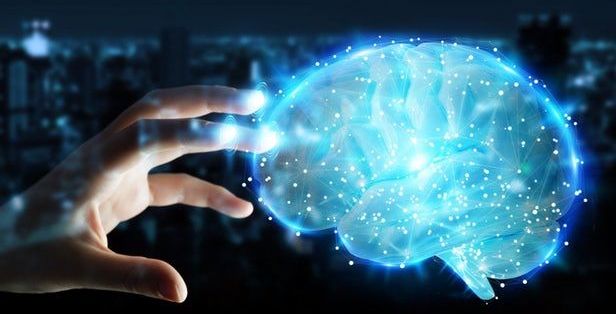Jun 5, 2019
Creating Thymus Organoids Using Tissue Engineering
Posted by Steve Hill in categories: bioengineering, biotech/medical, life extension
Today, we wish to highlight a new open access publication in which the researchers take a novel approach to the regeneration of the thymus, a small but vitally important organ that is key to our immune system.
The thymus shrinks as we age
The thymus is one of the most important organs in the body, and it is where thymocytes produced in the bone marrow travel to become new T cells before being trained in the lymph nodes to become the defenders of the adaptive immune system. However, as we get older, the thymus increasingly turns to fat and starts to shrink, causing its ability to produce new T cells to fall dramatically. This process is known as thymic involution and actually begins shortly after puberty, so this is one aspect of aging that begins fairly early in life, although it is many decades later before its decline causes serious health issues.
Continue reading “Creating Thymus Organoids Using Tissue Engineering” »
